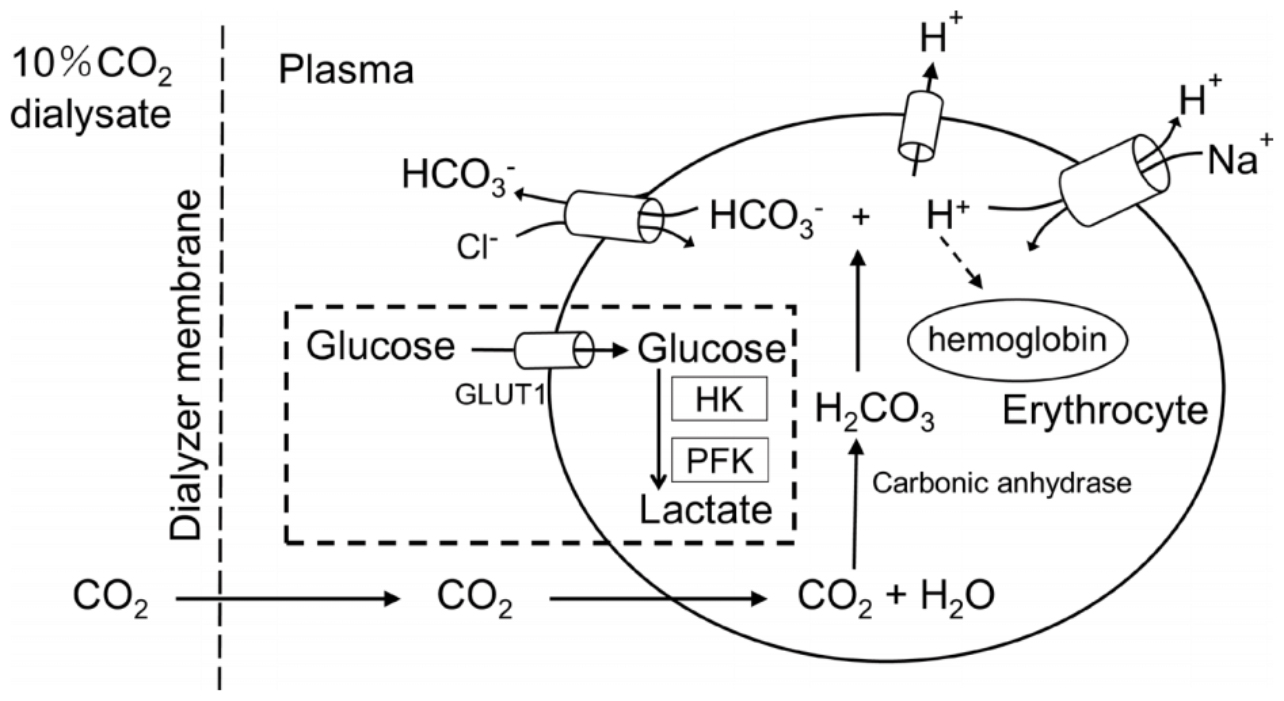Switching still water for sparkling could help contribute to weight loss alongside other steps, according to new research, with the fizz potentially powering some essential biological processes that keep the body healthy.
The findings are the work of physician researcher Akira Takahashi at the Tesseikai Neurosurgical Hospital in Japan, who wanted to more closely examine claims that carbonated drinks can help people shed the pounds. As his published paper shows, however, the measured effects are very small.
"The impact of CO2 in carbonated water is not a standalone solution for weight loss," cautions Takahashi. "A balanced diet and regular physical activity remain crucial components of sustainable weight management."
When we drink sparkling water, the carbon dioxide (CO2) in it enters our bloodstream. Red blood cells then turn it into bicarbonate, which reduces the acidity of the cells, and subsequently boosts how quickly glucose is used up – meaning less sugar is left as fat.

To gauge the impact of this chemical chain reaction and the subsequent speeding up of glucose metabolism, Takahashi crunched the reported numbers for another process that puts CO2 in the body: hemodialysis.
This treatment for kidney disease is primarily intended to clean up the blood and remove waste when the kidneys can no longer do it. As a result, it also introduces more CO2 into the bloodstream – meaning it can tell us something about the effects of carbonated drinks too.
During a typical four-hour hemodialysis session, around 48,000 milliliters of blood are processed, leading to a reduction of around 9.5 grams of glucose. Given the much smaller impact of drinking a glass of fizzy water, the impact on weight is likely to be small.
"CO2 in carbonated water may promote weight loss by enhancing glucose uptake and metabolism in red blood cells," writes Takahashi in his published paper.
"However, the amount is so small that it is difficult to expect weight loss effects solely from the CO2 in carbonated water."
The new research builds on previous studies suggesting that sparkling beverages don't really impact appetite either – though drinking fizzy water is definitely a healthier choice than a fizzy soda containing sugar.
Of course, when it comes to weight loss, a host of factors are involved – and those factors can be different for different people. Watching what you eat and staying active are always going to be important, but health professionals are the best people to help each of us build a successful strategy.
Takahashi also points out some of the problems that sparkling drinks can lead to or exacerbate, which also need to be considered – including irritable bowel syndrome and gastro-oesophageal reflux disease.
"Drinking carbonated water can have some effects on the digestive system, particularly for individuals with sensitive stomachs or pre-existing gastrointestinal conditions," writes Takahashi.
"Moderation is key to avoiding discomfort while still enjoying the possible metabolic benefits of carbonated water."
The research has been published in BMJ Nutrition Prevention & Health.
